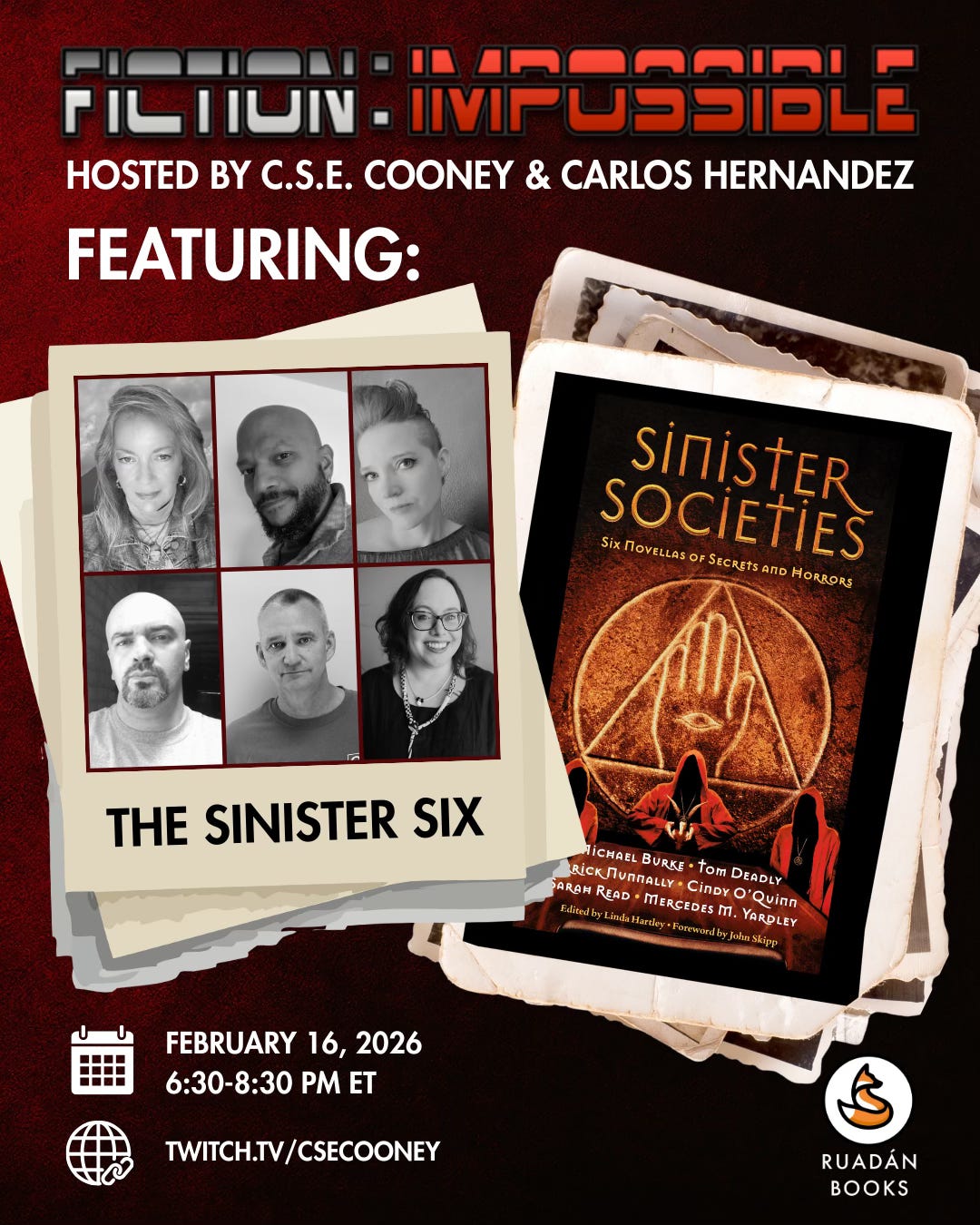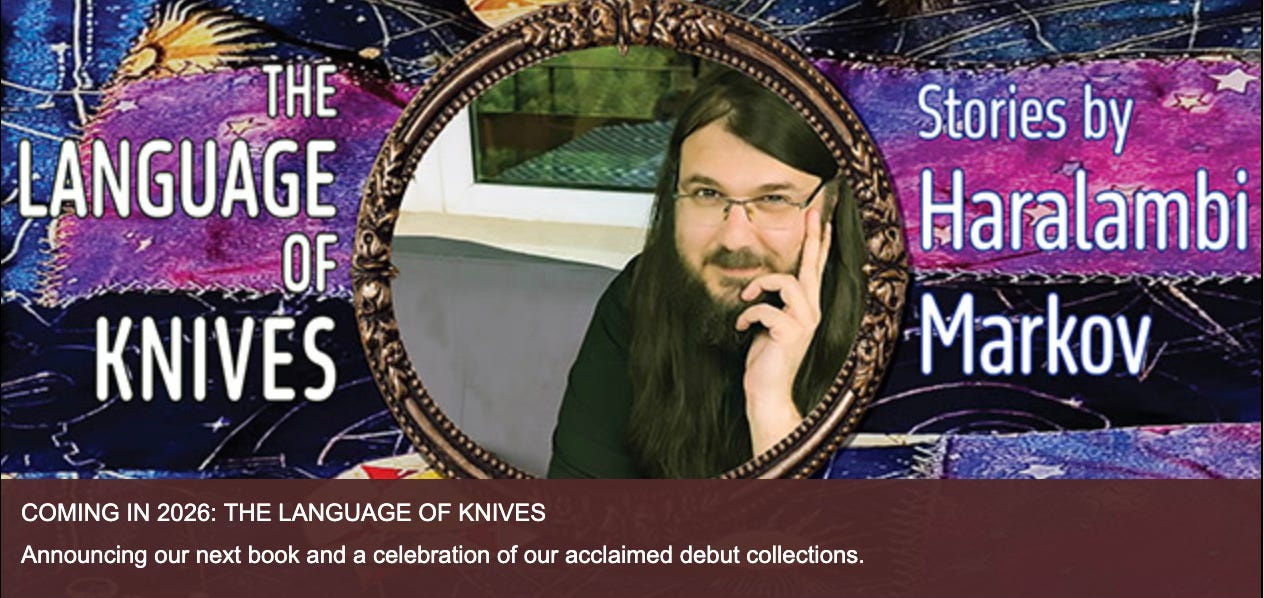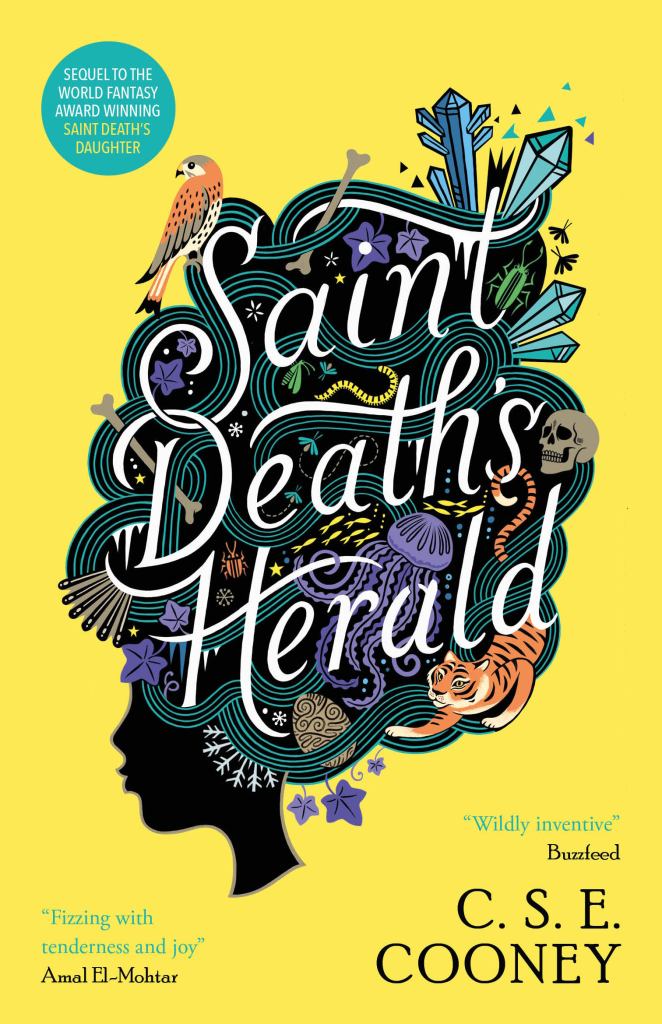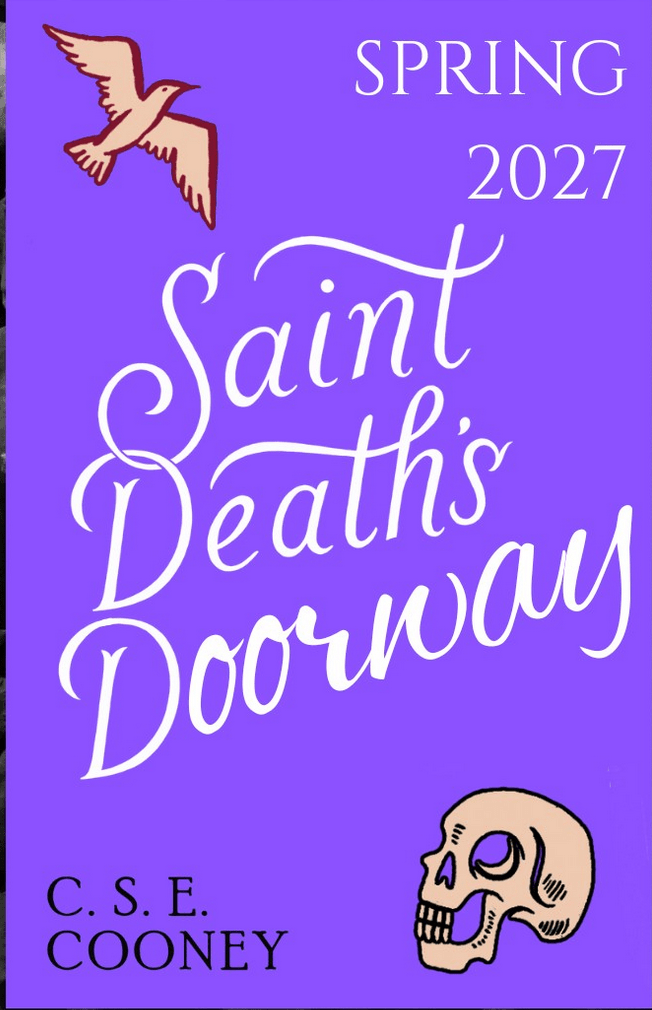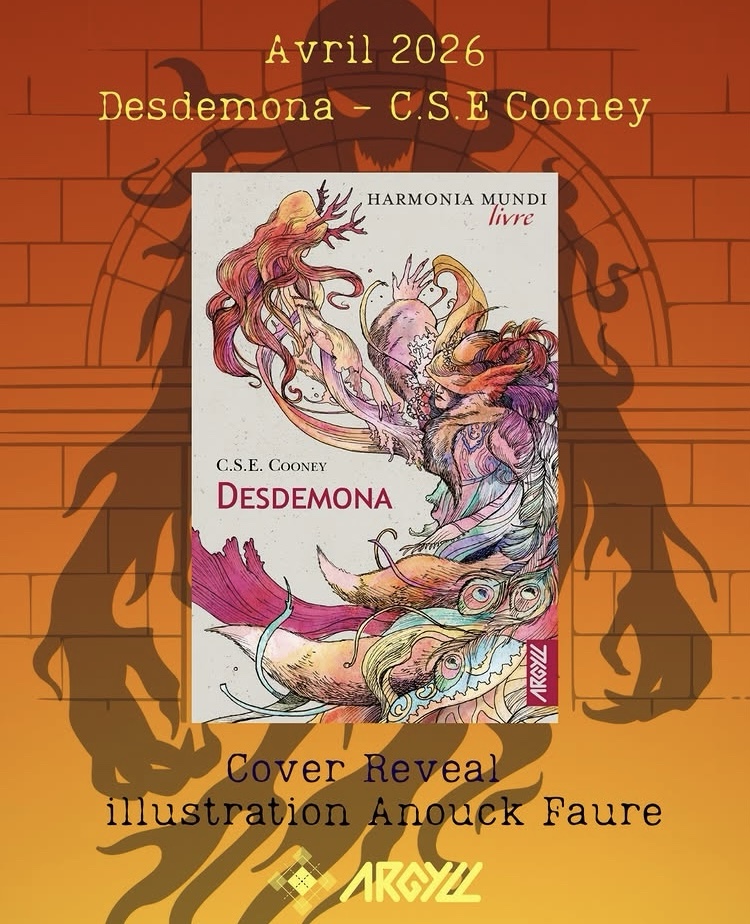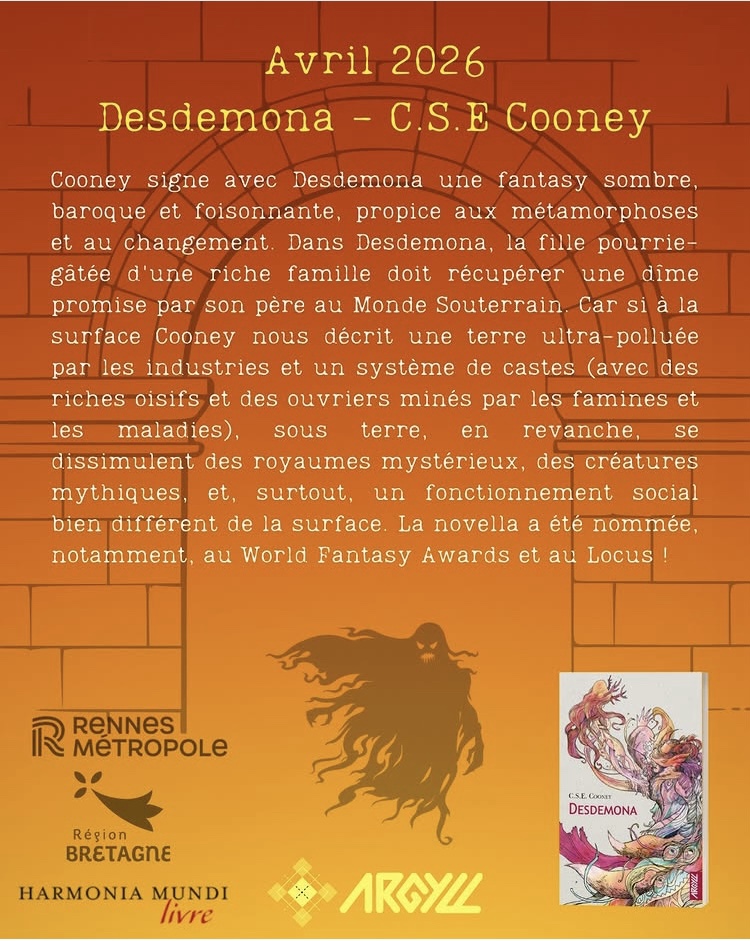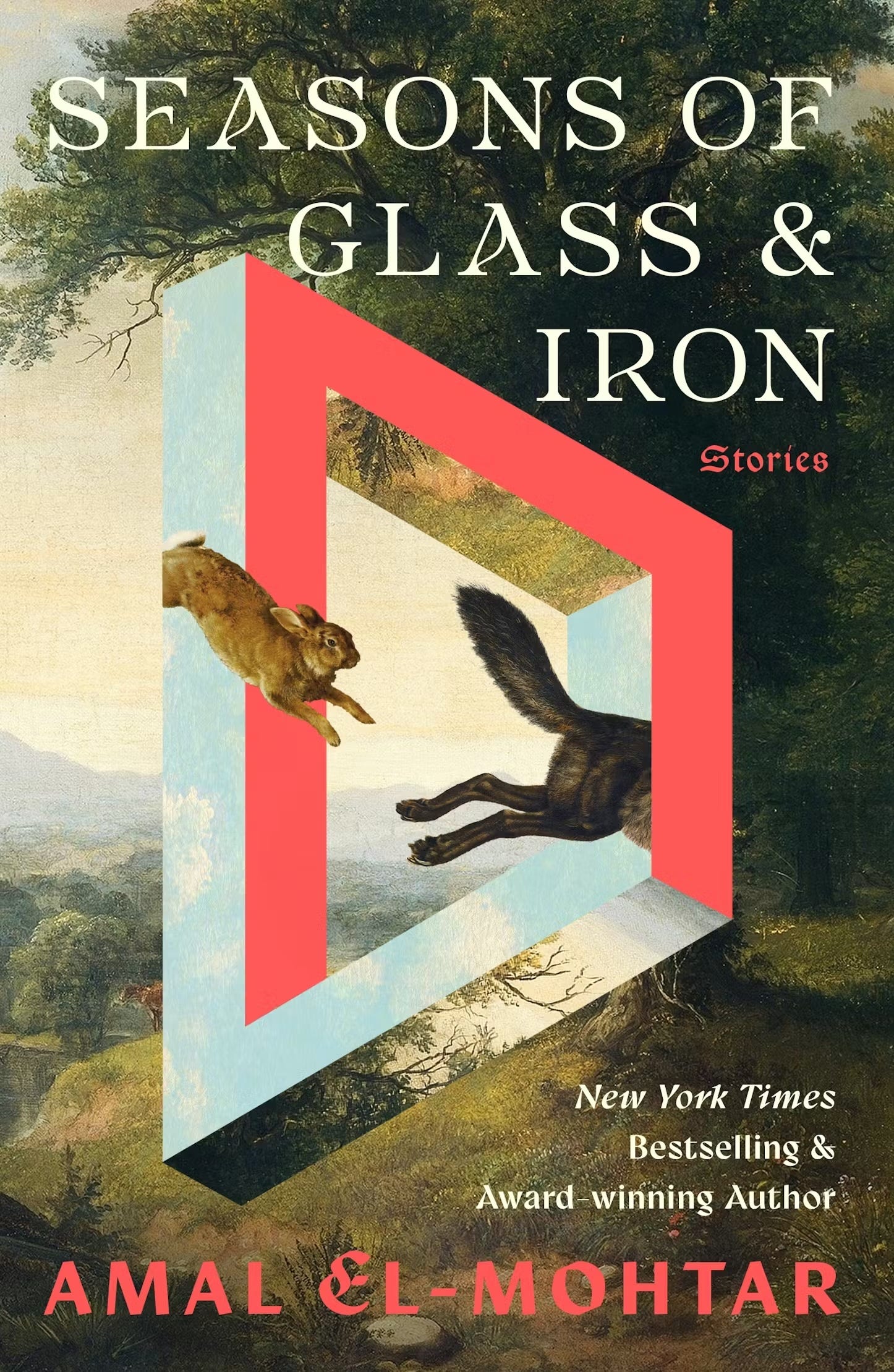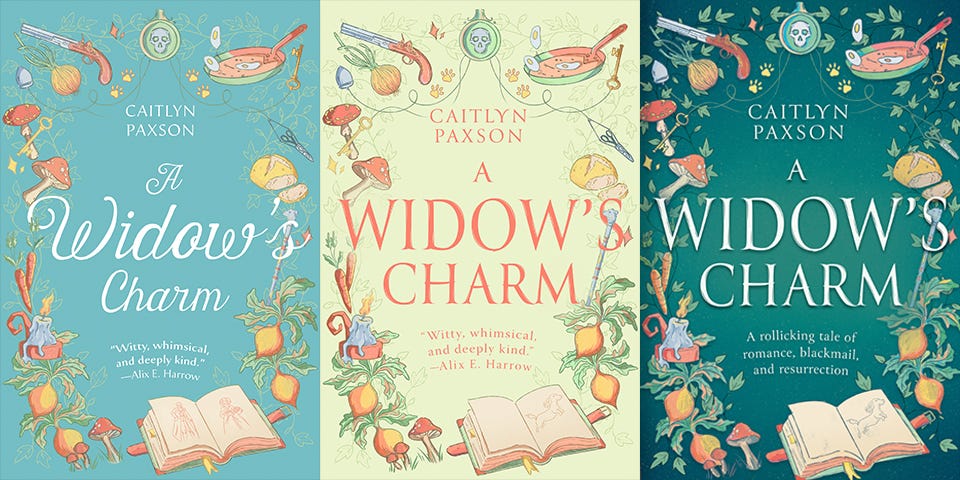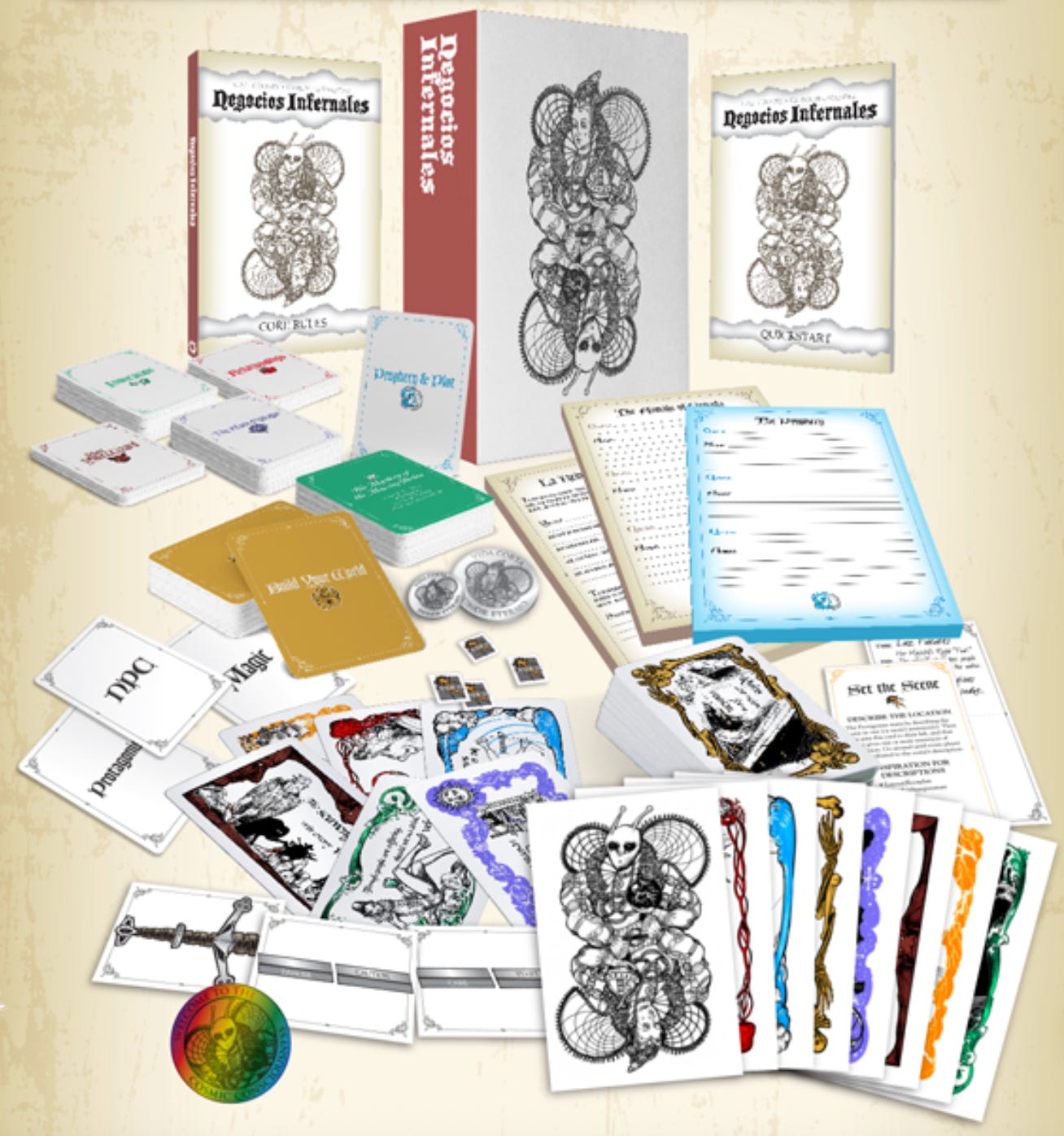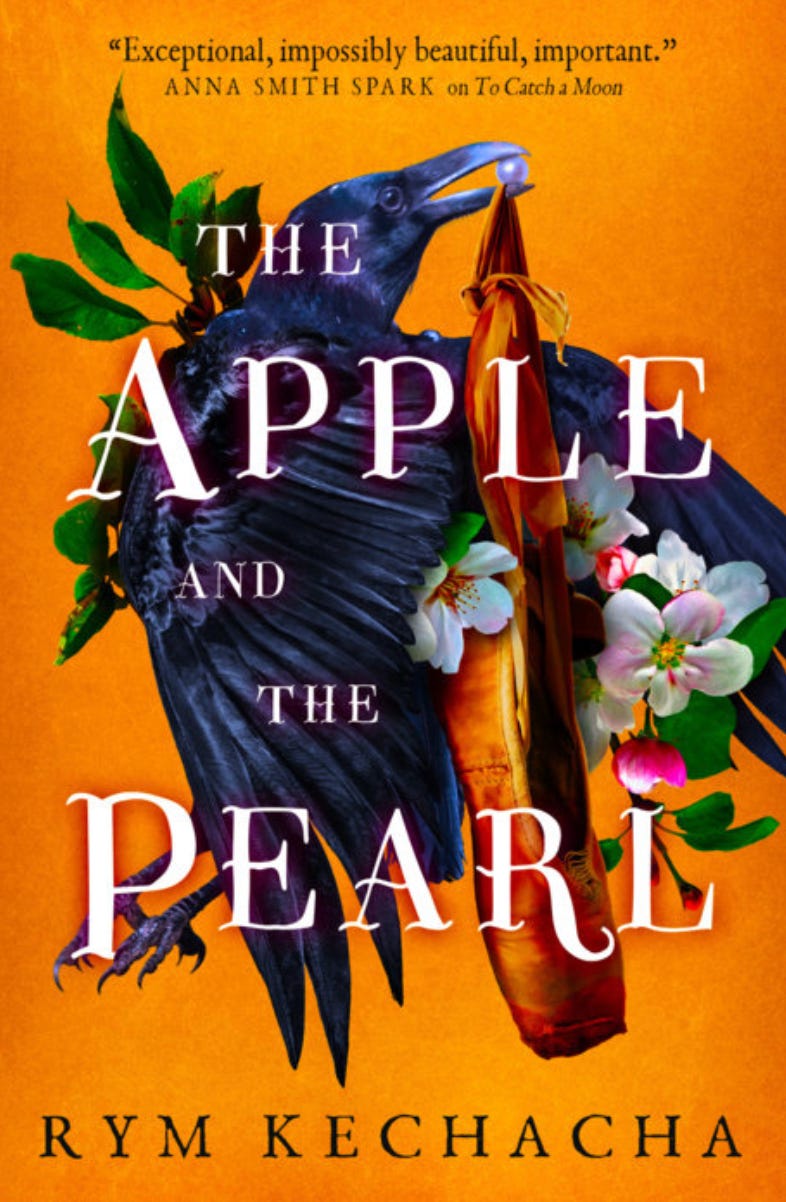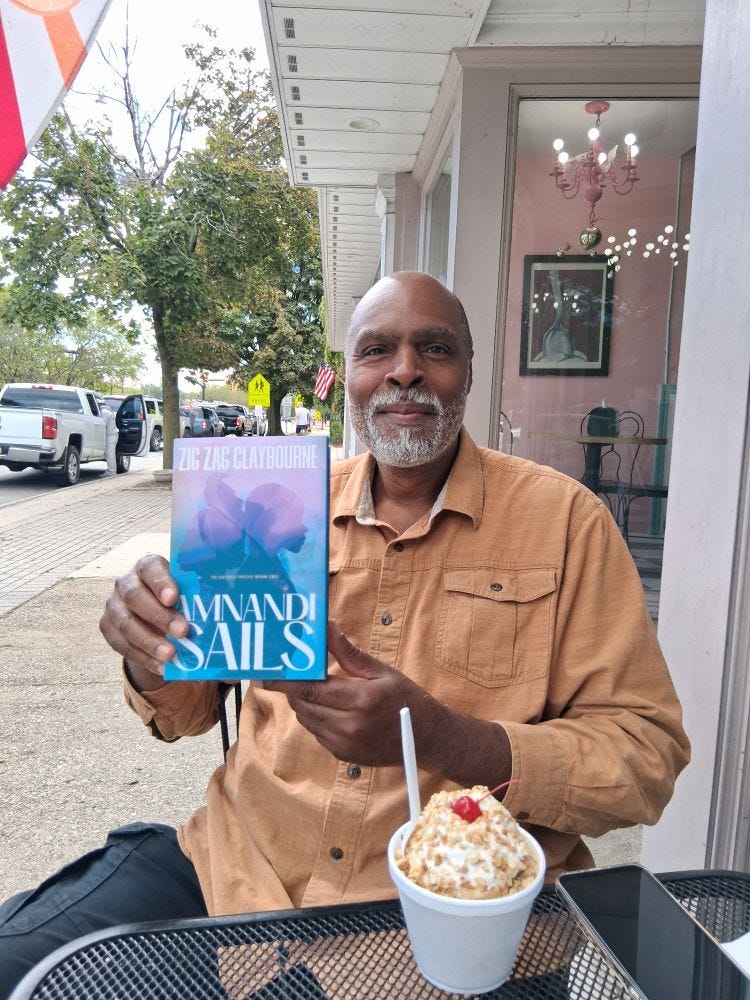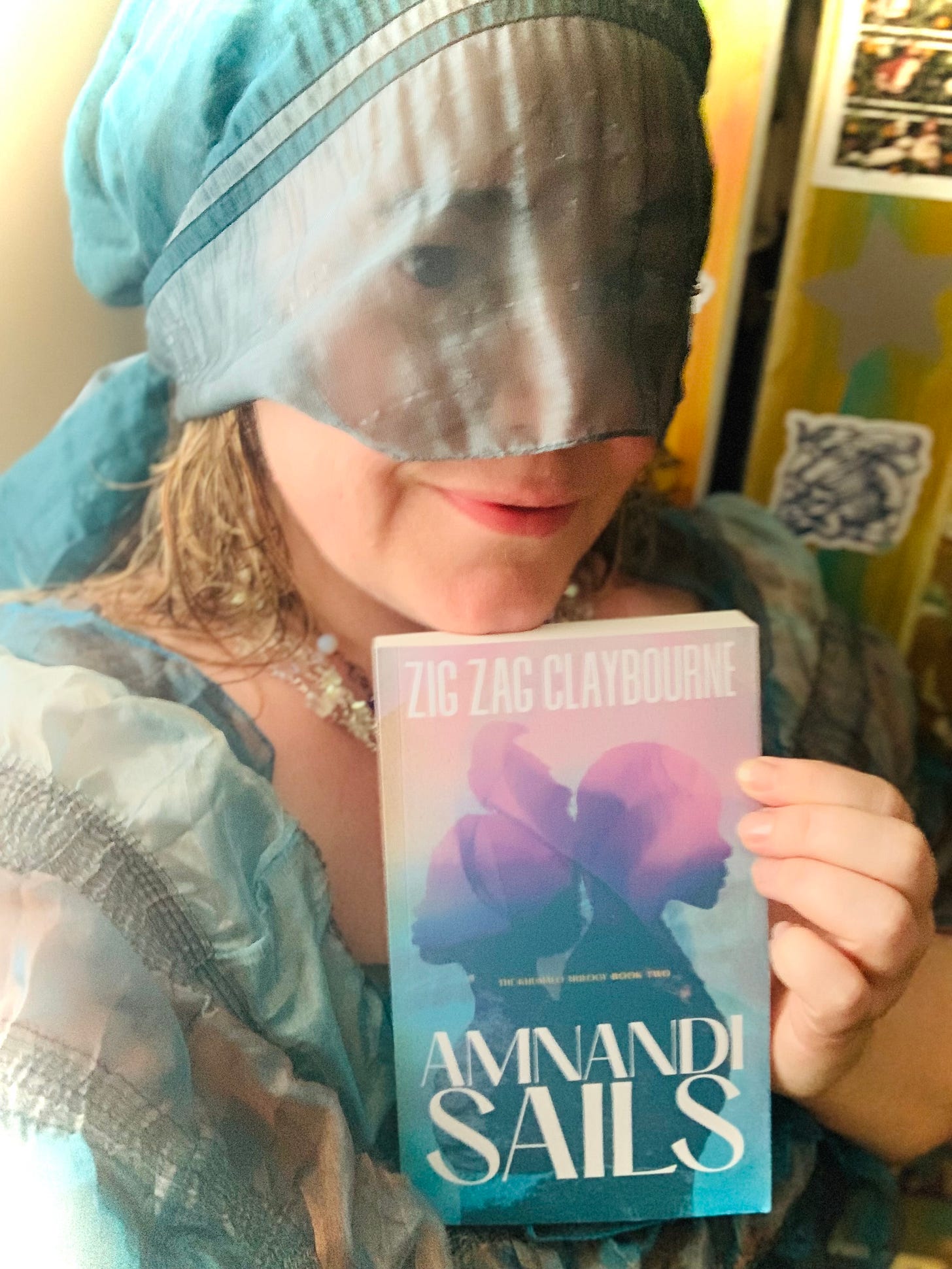Dear friends, in little over an hour, at 2:30 EST, as the blizzard conditions set in, Carlos and I will be hosting a virtual reading on my twitch channel–twitch.tv/csecooney!
Our Eldritch Horror line-up is amazing. Read more about our readers here!
Mike Allen writes spooky things — a Publishers Weekly reviewer once called his stories “nightmare fuel.” Two of his collections of horror tales, Unseaming and Aftermath of an Industrial Accident, were nominees for the Shirley Jackson Award. To Mike’s delight, his newest novel, Appalachian horror yarn Trail of Shadows (Broken Eye Books, 2025), has been named a finalist for the 2026 Webster Award — founded to honor the memory of his dear departed friend Bud Webster. Mike’s other novels include the post-apocalyptic swarming-undead sidearms-and-sorcery adventure The Black Fire Concerto. Other stories and poems of his have appeared in Asimov’s Science Fiction, Apex Magazine, Beneath Ceaseless Skies, Best Horror of the Year, Interzone, Nebula Awards Showcase, Strange Horizons, Weird Tales, and more. With his wife Anita, he runs Mythic Delirium Books, home to numerous award-winning and award-nominated sci-fi and fantasy volumes that defy categories and expectations. As an editor and publisher, Mike has twice been a finalist for the World Fantasy Award. Follow him on Instagram @mythicdelirium and Bluesky @mythicdelirium.bsky.social.

Christa Carmen is the Bram Stoker Award-winning and Shirley Jackson Award-nominated author of The Daughters of Block Island, Something Borrowed, Something Blood-Soaked, “Through the Looking Glass and Straight Into Hell,” & the forthcoming Beneath the Poet’s House. Find her at http://www.christacarmen.com.

Sarah Hans is an award-winning writer whose stories have appeared in more than 50 publications, including Apex Magazine and Pseudopod. A former special education teacher, she has written numerous books, primarily in the horror and dark fantasy romance genres. You can read along chapter-by-chapter as she writes her newest book at patreon.com/sarahhans. She lives in Ohio with her husband, a varying number of teenagers, more pets than she can afford, and enough craft supplies to keep her busy for the next 200 years.

Nicholas Kaufmann is the Bram Stoker Award-, Shirley Jackson Award-, Thriller Award-, and Dragon Award-nominated author of numerous works of horror and suspense, including the bestsellers 100 FATHOMS BELOW (co-written with Steven L. Kent) and THE HUNGRY EARTH. His latest is the collection MONUMENTS IN DARKNESS, which celebrates his 25th anniversary as a published author. He lives in Brooklyn, NY.

CASSANDRA KHAW is the USA Today bestselling and Bram Stoker Award-winning author of The Library at Hellebore, Nothing But Blackened Teeth, The Salt Grows Heavy, Breakable Things, and coauthor of The Dead Take the A Train with Richard Kadrey. They are an award-winning game writer.
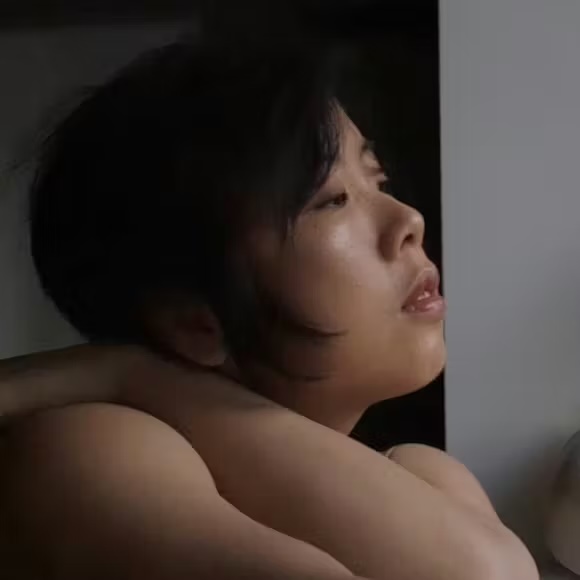
Haralambi Markov is a Bulgarian fiction writer and editor with a background in content creation. In 2014, they became the first ever Bulgarian accepted to attend the Clarion Writers’ Workshop. Their short story “The Language of Knives” was long-listed for the Nebula Award for Best Short Story, and their essay “My Father, My Private Monster” made it onto the Bram Stoker Award long list for non-fiction in 2025. Their work has appeared in Reactor, Uncanny Magazine, Evil in Technicolor, Weird Fiction Review, Stories for Chip, Eurasian Monsters, and Fractured Reveries. They were part of the team of BonFIYAH 2021. Mythic Delirium Books will release their debut collection of short fiction, The Language of Knives: Stories, in July 2026. Follow them on Instagram at @somethinghaunted.

S.P. Miskowski’s stories appear in many anthologies. She’s received two NEA fellowships, multiple award nominations, and This Is Horror Novel of the Year 2017. Recent works: If You Knew Me (Thomas & Mercer), Daughters of Catastrophe (Grimscribe Press), and The Skillute Cycle (Broken Eye Books).

Jeffrey Thomas’s books include Punktown, Deadstock, Blue War, The American, and The Idol. He has been a finalist for the Bram Stoker Award and John W. Campbell Award, and his stories have been reprinted in The Year’s Best Horror Stories XXII (editor, Karl Edward Wagner), The Year’s Best Fantasy and Horror #14 (editors, Ellen Datlow and Terri Windling), and Year’s Best Weird Fiction #1 (editors, Laird Barron and Michael Kelly). Thomas lives in Massachusetts


